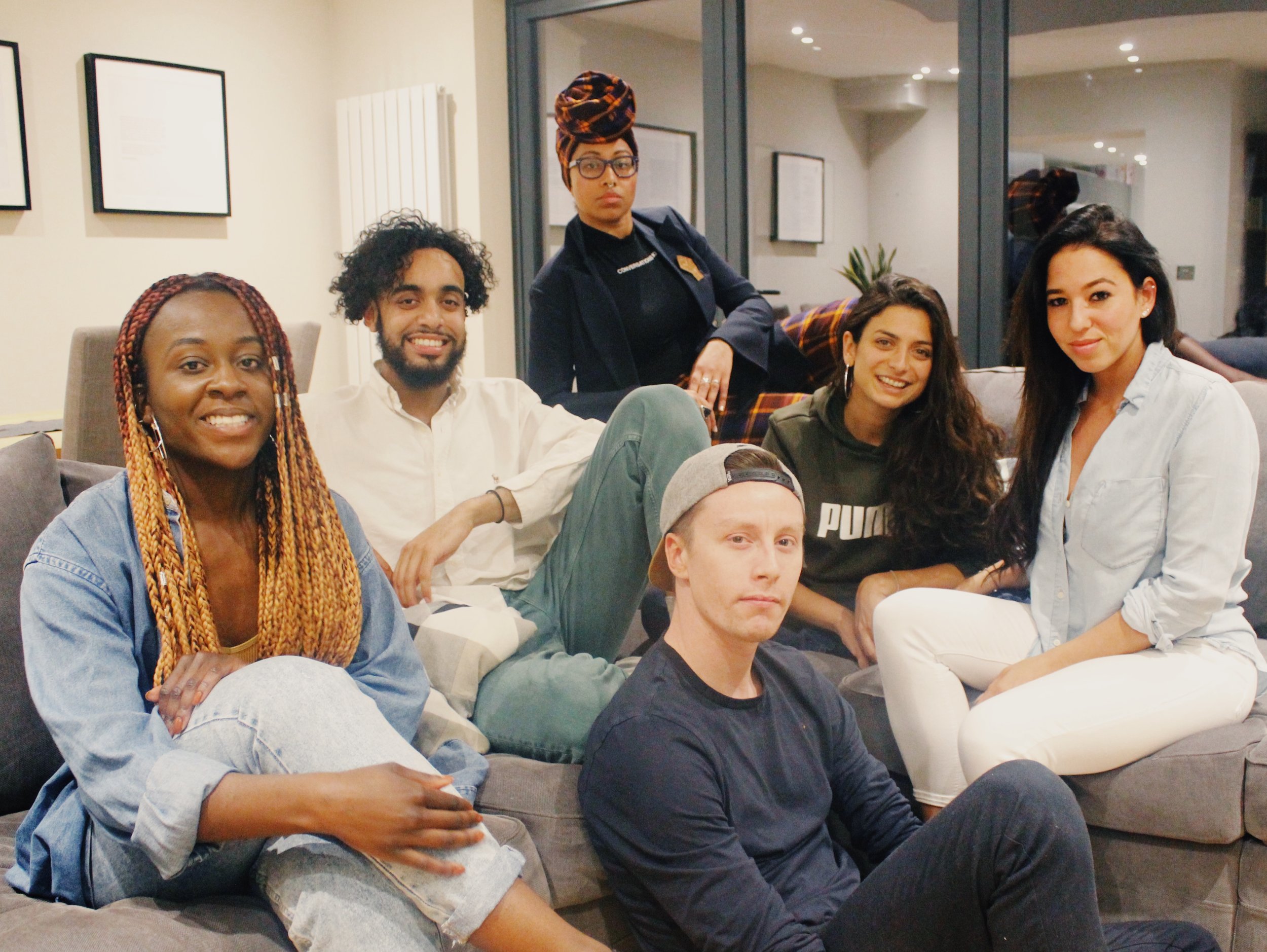
My feet crunch on the gravel as I slowly make my way up the hill from the rig. It's been a good 12 hour shift, a standard 'tour', as we call it.
It's a Saturday night, the last slivers of sunlight fading away over the horizon.
I left my heart to the sappers round Khe Sanh // And I sold my soul with my cigarettes to the black market man // I've had the Vietnam cold turkey // From the ocean to the Silver City // And it's only other vets could understand...
The almost-tinny tunes of Cold Chisel rise and fall with my step as I clutch my phone in my hand while I run. I really need to get running pants with pockets in them...
As I look around, it strikes me that I really truly am, in the middle of nowhere. As the hum of the diesel generators of the rigs fade away, I put my finger over the speakers on my phone to muffle the tune. Sounds of wildlife - birds, crickets, cows - emerge from the paddock around me.
The land is far from silent.
It occurs to me that I travel on these dirt roads every day yet fail to notice, isolated as I am behind the wheel of a 4WD...
I'm not an amazing runner - that was always my brother's domain in the family - but I trudge on, eventually switching on my very-fashionable headlamp to illuminate my path. I look up and the light glints in the eyes of the herd of cows ahead.
They are startled and confused, freezing in the light. 'What is this biped doing in our midst?' I read in their eyes...
The herd runs with me, and there is a moment of random, pure joy.
It's an interesting feeling, running with a group of animals.
***
I make it back to the camp eventually, breathless but energised. It isn't until a few hours later that I am told running in the paddock is explicitly forbidden.
The Health and Safety Officer delivering the news is contrite.
'Don't shoot the messenger darl, rules are rules. Trust me, if it was up to us - well, it's nice having a girl run around here I'll tell you that! It's just the way it is. You might roll your ankle or get bitten by a snake. Can you imagine the paperwork?'
The rules and regulations of occupational health and safety, and the concerns of liability, compensation and duty of care strike again.
***
It's Saturday night, and I'm sitting outside my 3 x 4m room on the cement step, making a few calls.
Friends and family answer, and their news is either non existent ('How was your week?' 'Oh, fine, nothing happened'), or awesome ('OMG-I WISH-YOU-WERE-HERE-IT-WAS-AMAZING' delivered in one breath).
Both are bittersweet.
Because you do know things happened that week, but the daily motions of life don't always translate over the phone.
Because you know that whatever it was, it was probably amazing.
But you spend more than 80% of your time living with strangers...
The FIFO Life is a series of moments experienced during the Fly-In, Fly-Out (FIFO) life of working on the oil and gas rigs. Amorphous, random, and usually written on a whim, these are moments that encapsulate the emotion of a strange sort of a life.







